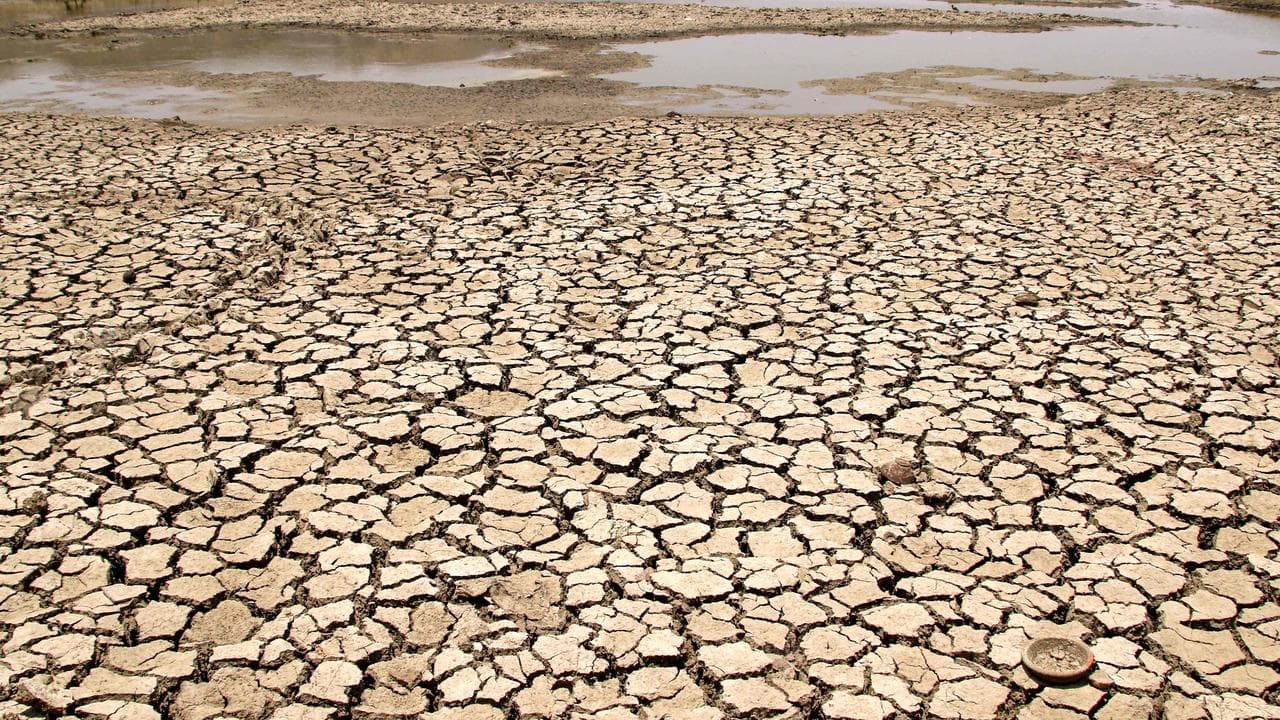YAOUNDÉ, Cameroon – As the El Niño climate phenomenon produces drought and food shortages in several African nations, the Catholic bishops of Zimbabwe are issuing urgent appeals to avoid what they describe as a serious risk of starvation.
According to the World Meteorological Organization (WMO), El Niño reached a peak in December that will result in above-normal temperatures until May. The spike has affected several countries in Southern Africa, including Malawi, Mozambique, Namibia, Zambia, and Zimbabwe.
According to the Food and Agriculture Organization (FAO), the temperature increases have triggered dry spells, low and erratic rainfall and elevated temperatures and floods, all of which have led to low harvests.
In Zimbabwe, the government recently estimated that droughts related to El Niño have left 2.7 million people at risk of starvation.
In a statement issued on April 4, members of the Zimbabwe Catholic Bishops Conference (ZCBC) called on humanitarian organizations and agencies to pool resources and prevent the impending loss of life due to the drought’s devastating impact.
“The much talked-about climate change has once again shown its ugly face. The consequences of any drought are dire, but when it hits people who are already struggling, the devastation is beyond any imagination,” the bishops said.
“Most people in rural areas who practice subsistence farming have lost their very lifeline. The dry pasture conditions will negatively impact the rural cattle herd. As a nation, we are faced with a threat to our livelihoods and food insecurity,” they said.
The bishops called for concerted efforts in addressing the situation.
“We all have a duty and an obligation to care for those in need, more so those who are left exposed by the effects of the drought. Now is the time for us to rise and meet the challenge. Together we are stronger and can feed the multitudes. When the little that we have is generously put at the hands of the Lord, he multiplies it, and all will have their fill,” they said.
Zimbabwean President Emmerson Mnangagwa has declared the El Nino-imposed drought a national disaster. Writing on ‘X’, Mnangagwa said: “Dear Zimbabweans…the climate change induced drought requires measures and interventions as provided for in our laws. To that end, I do hereby declare a nationwide State of Disaster.”
During a press conference April 3, Mnangagwa said the country needs $2billion worth of food aid in order to help millions of people, who are going hungry,
“No Zimbabwean must succumb or die from hunger,” he said.
Mnangagwa repeated that more than 2.7 million individuals, constituting approximately one-sixth of the nation’s population, lack sufficient access to food this year due to poor crop yields resulting from the ongoing drought.
He called upon United Nations agencies, local businesses, and religious charitable organizations to join forces and provide vital humanitarian aid to address this critical situation.
In comments to Crux, Father Issac Muzenda of the Mavingo diocese underscored the need for adequate information so people could cope with the effects of El Niño.
“It is proper that the people have full information on the issues that affect them, and that includes the effects of the El Niño,” he said. “In this way, I try my best to explain what it is and how it will affect not just the current farming season, but even their livelihood and the life of the Church as well.”
Echoing the plea of the Bishops, Muzenda called on all Zimbabweans to “treat each other with care.”
“The Church institutions, like Caritas, have been influential before and still stand as a way of reaching the most vulnerable amongst us,” he told Crux.
The country’s bishops also warned against the politicization of the food crisis, noting that “hunger knows no political divisions; it’s the citizens of this country who are in need. In the same vein, we would like to appeal to those who may want to take advantage of the situation to make a profit, that this is not the time.”
The Catholic humanitarian agency Caritas has begun mobilizing resources to address the food crisis, with its officials assessing the impacts of El Niño on communities, and planning to distribute food items such as sugar, beans, and vegetable oil .











